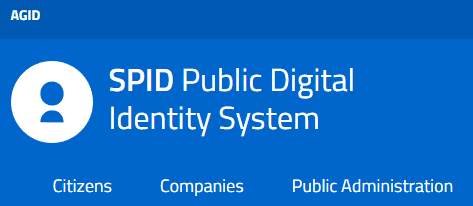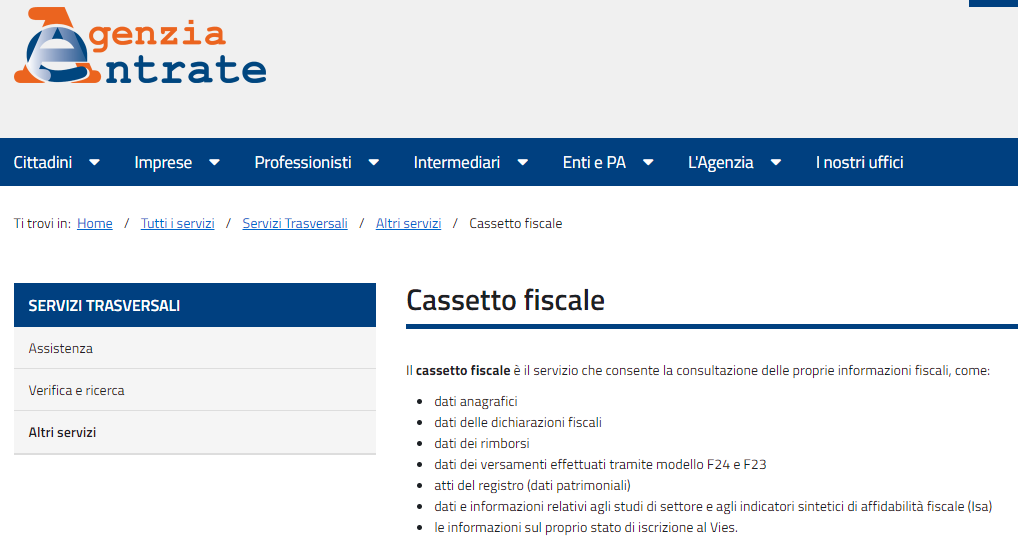The Italian Fiscal Code Number

The Fiscal Code Number (Codice Fiscale, Italian taxpayers’ identification number, TIN, tax code, call it what you like) is a unique taxpayer code that identifies all individuals in their dealings with the Italian authorities
Toward a New Italian Tax Regime for the Taxation of Cryptocurrencies
From 1 January 2023, if new rules in the draft Finance Law for 2023 are enacted, gains on the disposal of crypto currencies will be taxed as miscelaneous income (so reprted in section RL of the Italian tax retrun) as opposed to the current trewamtn where they are reproted, similar to gains on foreign currencies, […]
Italian tax aspects of renting Italian real estate – for landlords
2026 Legislative Changes A “Three Unit” Entrepreneurial Trigger (Presunzione d’Impresa) The 2026 Italian finance Law (Law 199/2025) has made some significant amendments to the tax position for landlords renting Italian property. Under the old rules you could rent up to four “units” before being “presumed” to be conducting a business. The threshold has been lowered […]
Hiring an Employee – the Permanent Establishment risk

A non-Italian business considering employing an individual in Italy needs to consider whether the activities carried on by an Italian based employee in Italy create a corporate income tax (IRES) liability on the profit attributable those activities. Foreign corporations with a “permanent establishment” (or fixed base) in Italy generally need to register with the Register […]
TFR – the Trattamento di Fine Rapporto or Employee Leaving Indemnity

What is the TFR? Employment agreements in Italy are generally governed by the terms and conditions of the relevant national collective labour agreement (CCNL) negotiated from time to time by the Italian government, the trade unions and employer organisations. These standard contracts make provision for a series of provisions applicable to the hire of individual employees in Italy. Regardless of any contractual provision, the Italian Civil Code provides that on the termination, for whatever reason, […]
Occasional Services
Advance Communication of Occasional Hires The Labour-Fiscal Decree no. 146 2021, linked to the Budget Law 2022, introduced the obligation of prior communication of the use of occasional self-employment. On this subject, the Labour Inspectorate has published note no. 29-2022, with instructions on how to comply. Clarification in the form of FAQs have also been […]
Tax Step Up of Shares/Land and Buildings – Revaluation
Law Decree no. 17 of March 1, 2022, containing urgent measures for the containment of electricity and natural gas costs, the development of renewable energy and the relaunch of industrial policies, known as the Energy Decree was published in the Official Gazette no. 50 of March 1, 2022. Article 29 of the Decree confirms the […]
The SPID – Italian digital identity

What is it? The Public Digital Identity System, or SPID (pronounced “speed”) which started life in March 2016, is an online identity system. Through a single user name and password along with a one time password generated via a smart phone, individuals with an Italian ID card, can easily access and use the services provided […]
The Cassetto Fiscale – Fisco Online

What is it? The cassetto fiscale, literally “tax box”, is a service offered by the Italian Government that allows consultation of a taxpayer’s tax information, such as personal data on the Tax agency database information data of tax declarations information on tax refunds tax payments made through the F24 and F23 forms information regarding registered […]
IVIE Tax Base Post Brexit
Brexit has had a potentially expensive impact for Italian tax residents owning real estate in the UK. Italian tax residents are generally required to pay IVIE – wealth or ownership tax on foreign (i.e. non Italian) real estate .As a result of Brexit, in the view of the Italian Tax Agency, the taxable base will […]
